Table of Contents
Relative adverbs are important in English grammar as they help connect clauses by providing additional information about time, place, or reason. The three main relative adverbs are when, where, and why. These words introduce relative clauses and help make sentences more informative and connected.
What Are Relative Adverbs?
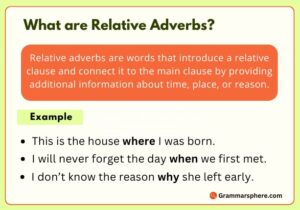
Relative adverbs are words that introduce adjective clauses and connect them to the main sentence. They describe time, place, or reason and help provide more details.
Examples:
This is the park where we used to play.
I remember the day when we first met.
She explained the reason why she was late.
Types of Relative Adverbs
| Relative Adverb | Function | Example Sentence |
|---|---|---|
| When | Refers to time | I remember the day when we met. |
| Where | Refers to place | This is the house where I was born. |
| Why | Refers to reason | That’s the reason why I left. |
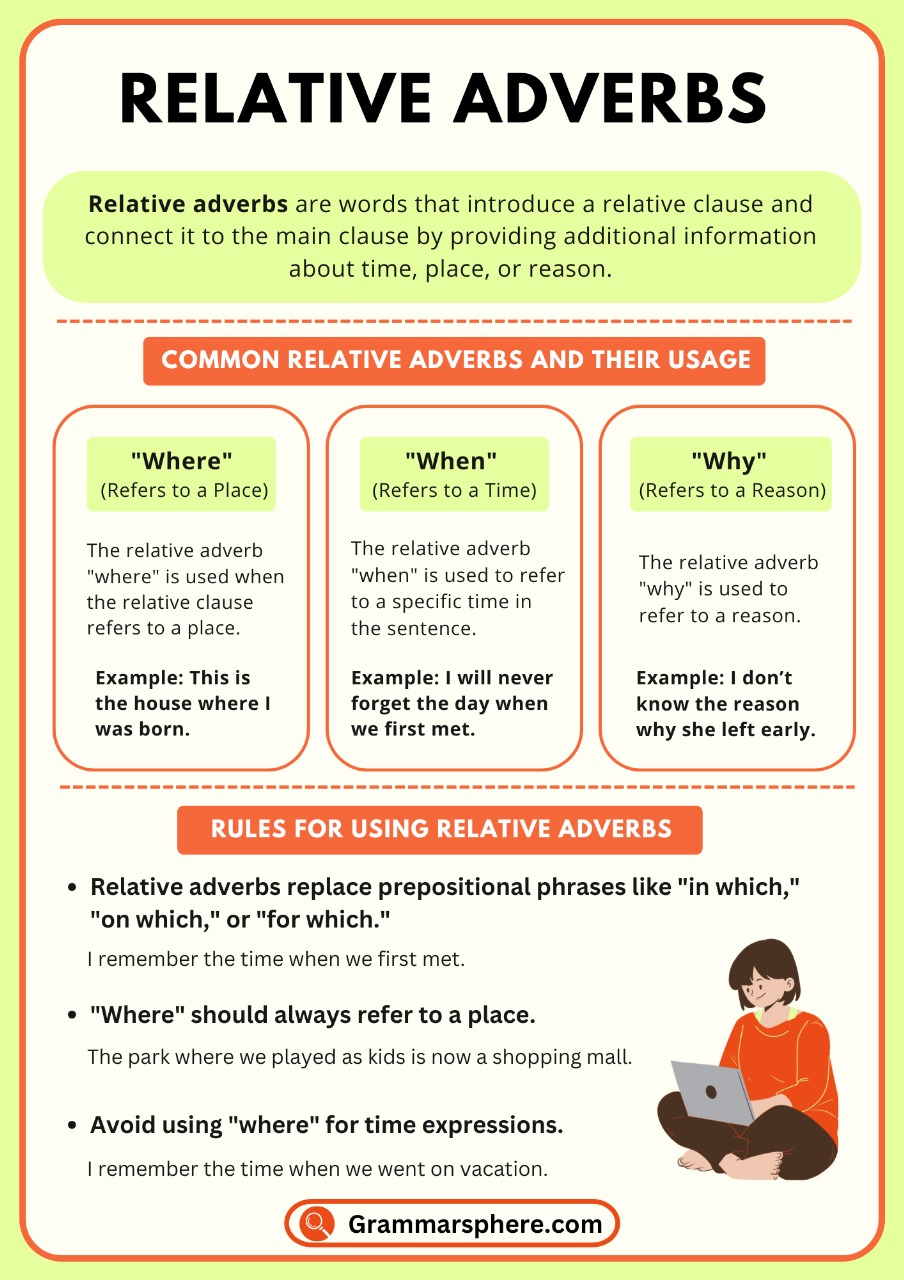
How to Use Relative Adverbs Correctly?
1. Using “When” for Time
“When” is used to refer to a specific time or event.
- I will never forget the day when I got my first job.
In this sentence, “when” introduces the relative clause “when I got my first job,” giving more details about “the day.”
2. Using “Where” for Place
“Where” is used to refer to a place or location.
- This is the mosque where we pray every Friday.
Here, “where” replaces “in which” and introduces the relative clause “where we pray every Friday.“
3. Using “Why” for Reason
“Why” is used to explain a reason.
- That’s the reason why I apologized.
Here, “why” introduces the relative clause “why I apologized,” explaining the reason for the action.
Why are Relative Adverbs important
Relative adverbs (when, where, why) are important because they connect clauses smoothly and provide details about time, place, or reason. They improve sentence clarity, avoid repetition, and make writing more natural.
For example, “This is the place where I grew up.” Using relative adverbs correctly helps create well-structured and fluent sentences.
Examples of Relative Adverbs
| Sentence | Relative Adverb | Function |
|---|---|---|
| There is always a reason why we meet certain people. | Why | Introduces the reason behind an event. |
| Home is the place where we find comfort. | Where | Specifies a location in the sentence. |
| There are times when silence speaks louder than words. | When | Highlights the time something occurs. |
Common Mistakes with Relative Adverbs
1. Using “when” instead of “why”
❌ This is the reason when I left early.
✅This is the reason why I left early.
2. Using “when” instead of “where”
❌The place when we met was beautiful.
✅ The place where we met was beautiful.
3. Using “where” instead of “when”
❌ I remember the day where I won the prize.
✅ I remember the day when I won the prize.
FAQs About Relative Adverbs
1. What is the difference between relative adverbs and relative pronouns?
Relative adverbs (when, where, why) introduce clauses that provide extra information about time, place, or reason. Relative pronouns (who, whom, whose, which, that) replace a noun and refer to people or things.
2. Can we replace relative adverbs with other words?
Yes! Sometimes, “when” can be replaced with “in which,” and “where” can be replaced with “at which.” However, using relative adverbs makes sentences more natural.
Examples:
This is the time when we celebrate.
This is the time at which we celebrate.
3. Can “why” be omitted in a sentence?
Yes, “why” is often omitted in spoken and informal writing.
Example: ✅ That’s the reason why she left.
✅ That’s the reason she left. (Omitting “why” is acceptable.)
4. Do relative adverbs always start a sentence?
No. They usually appear in the middle of a sentence, introducing relative clauses.
Example: ✅ This is the school where I studied.
5. Are relative adverbs important for writing?
Yes! They help make sentences clearer, reduce wordiness, and improve sentence flow.
Conclusion
Relative adverbs are essential for making sentences more informative and natural. When refers to time, where refers to place, and why explains reasons. Using them correctly can help improve both writing and speaking skills. Keep practicing with different sentences to master them!
You May Also Like

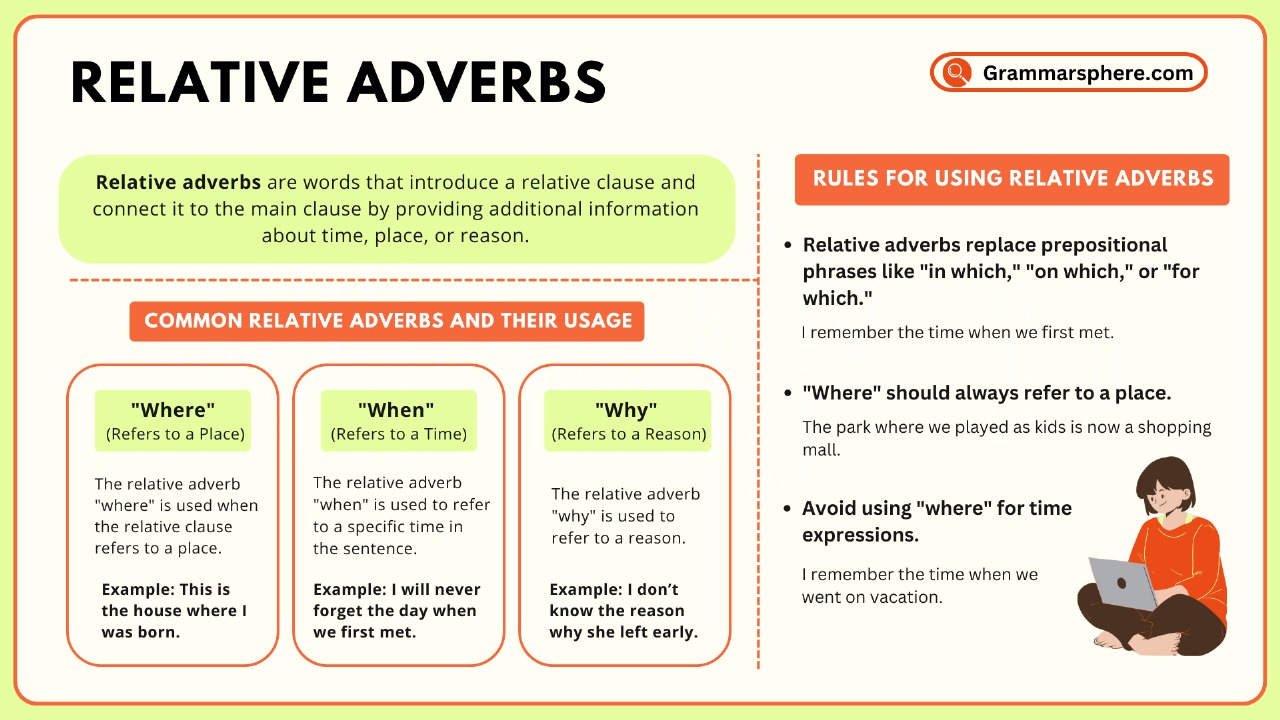
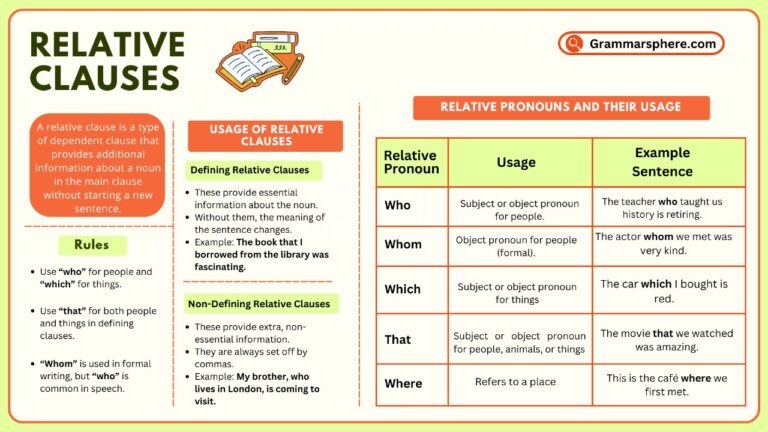
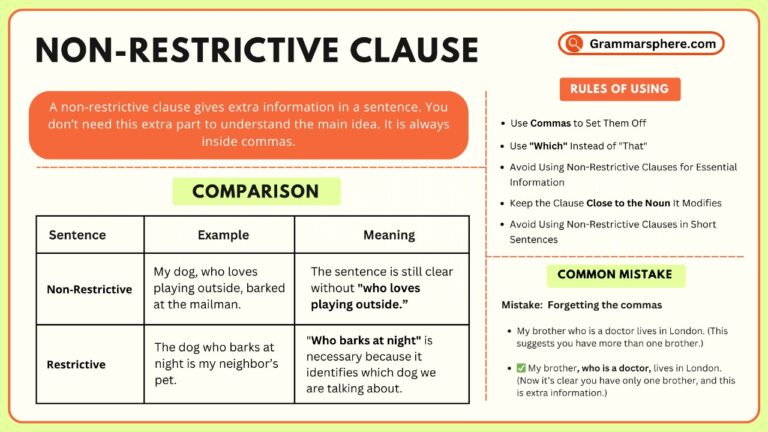
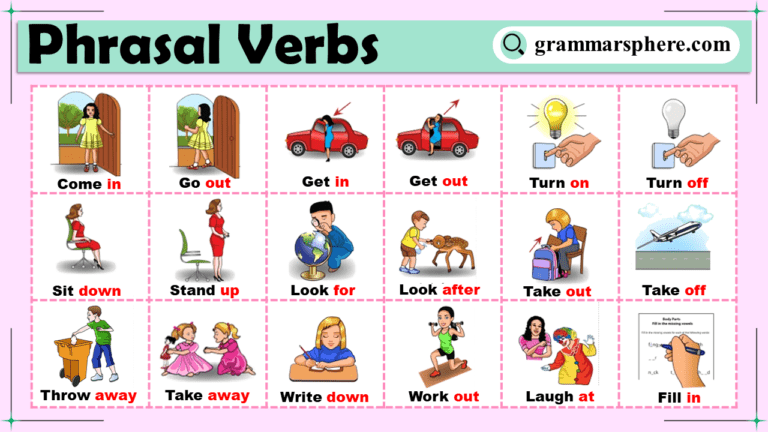
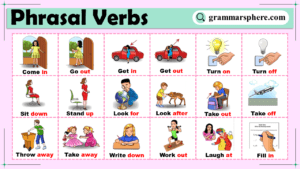
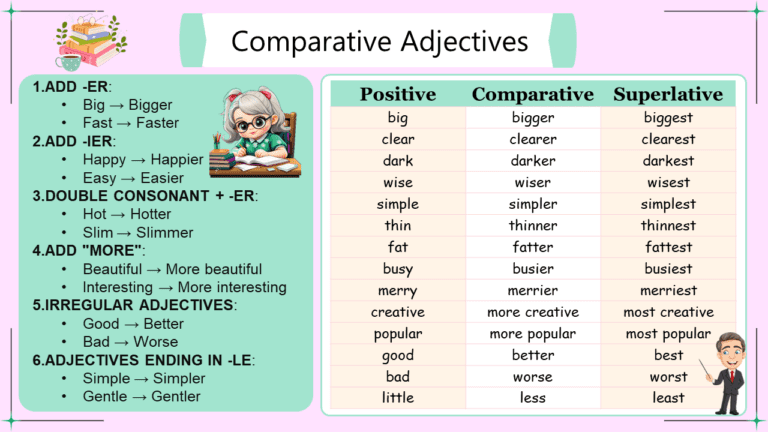
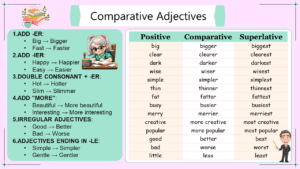
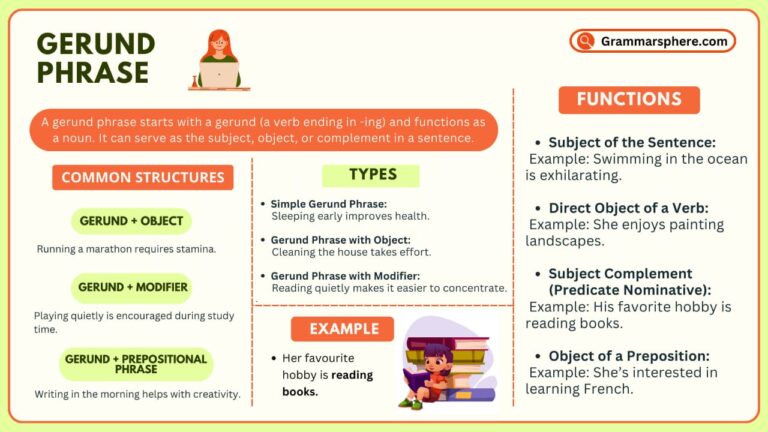
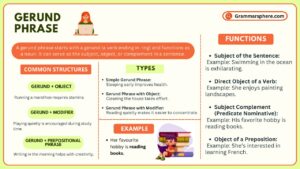
Leave a Comment